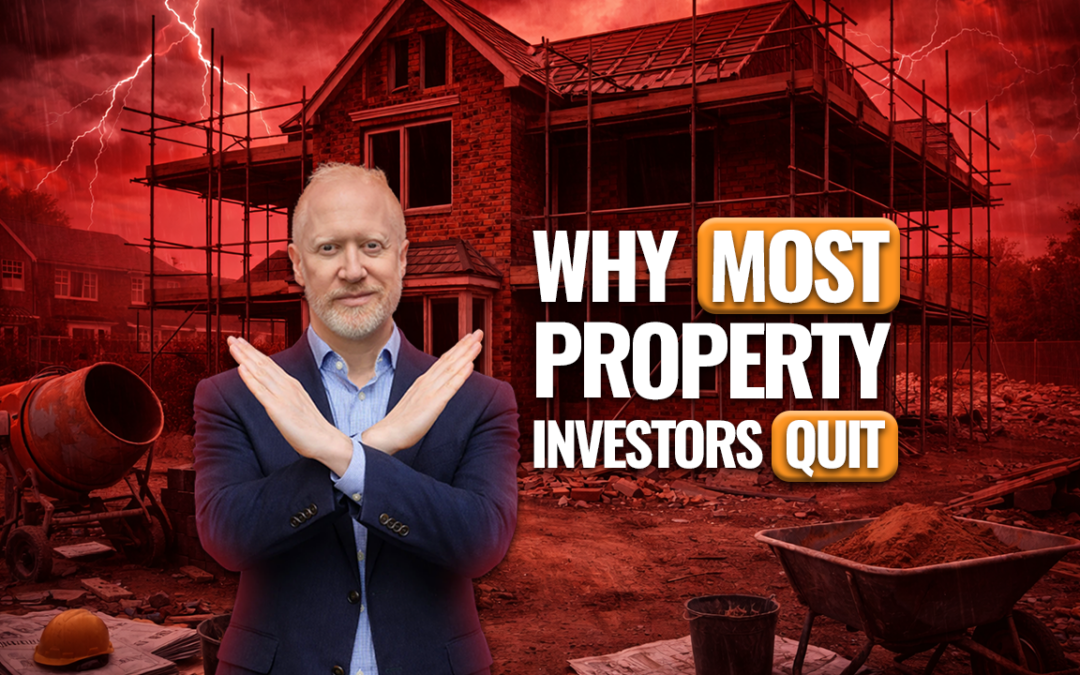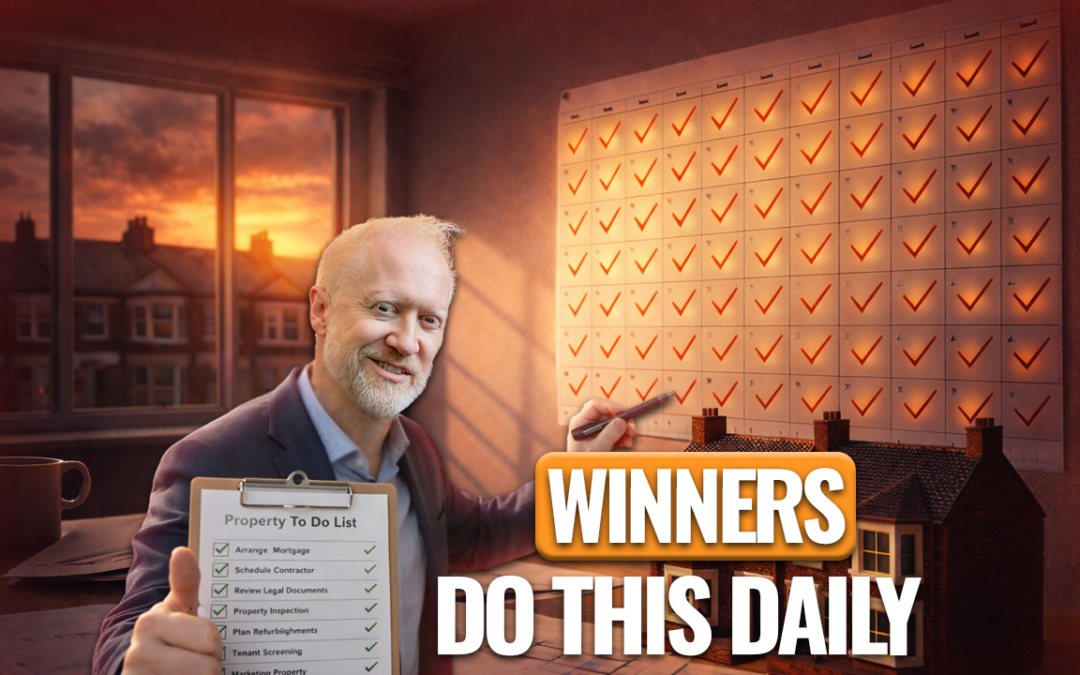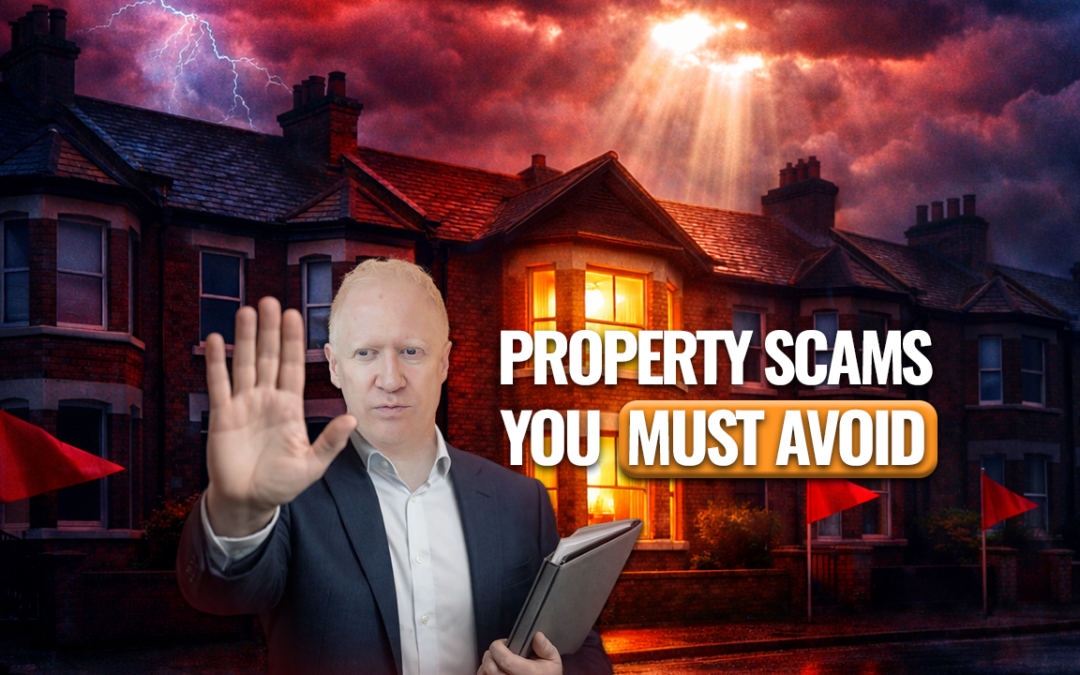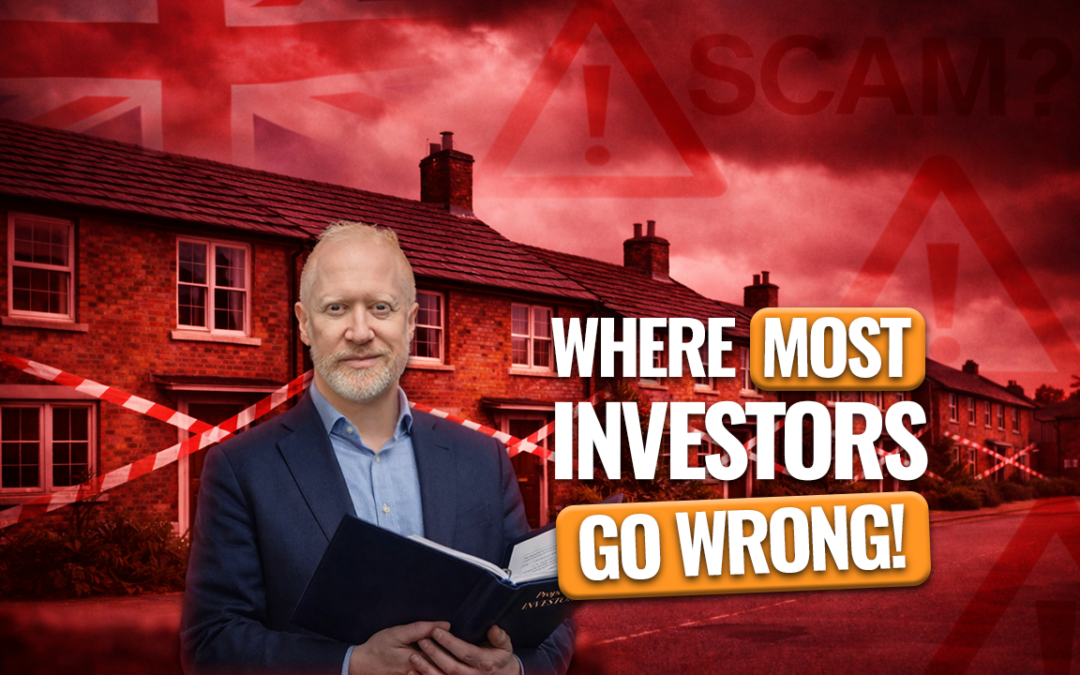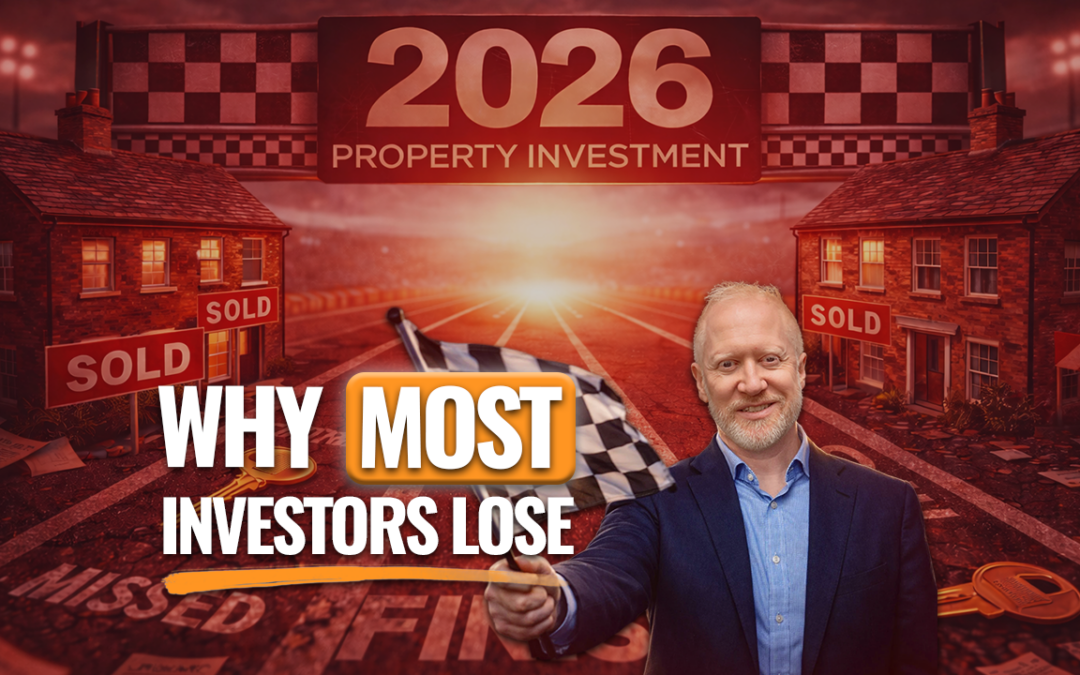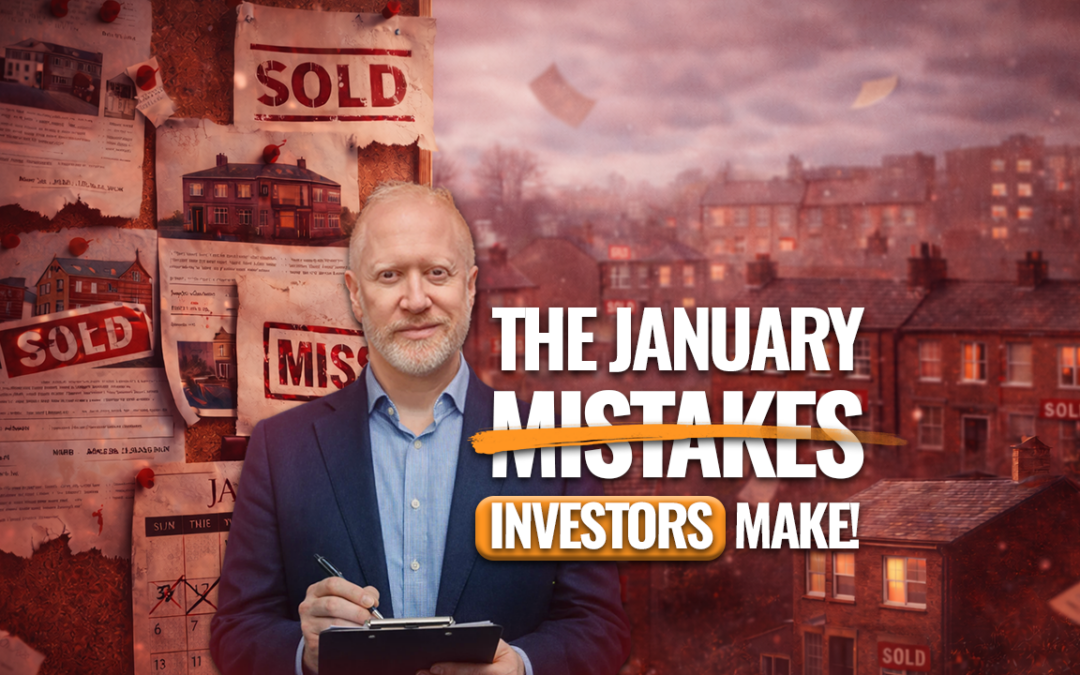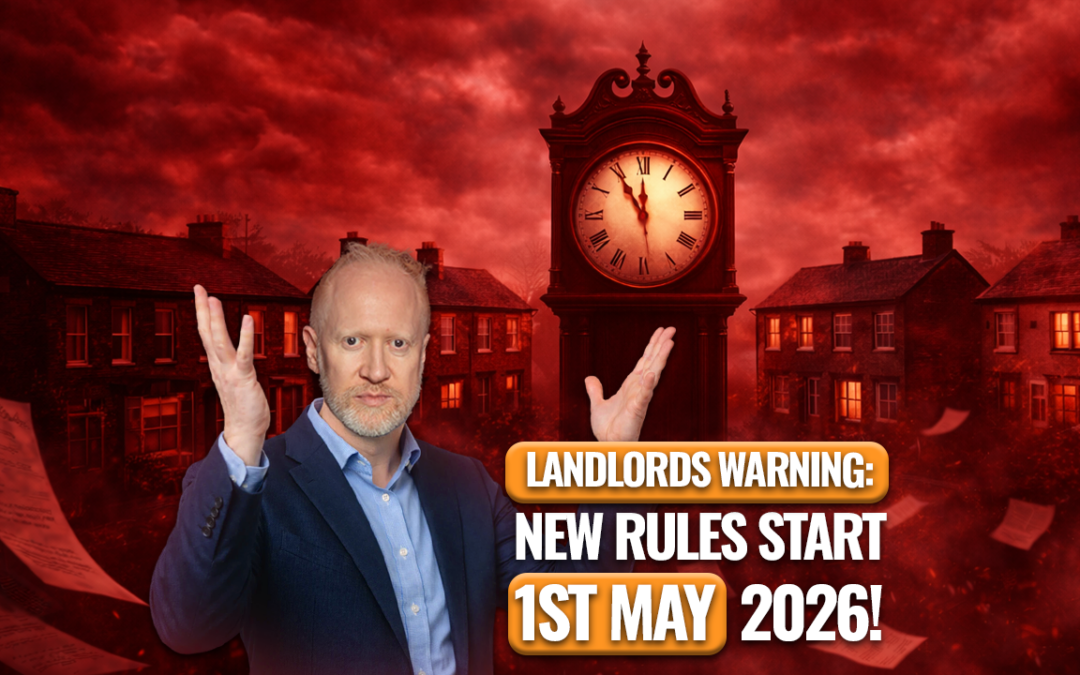Flipping versus renting property, that’s what this blog post is all about. I’ve been investing in property for 25 years and over that time, I’ve flipped property. I’ve rented property. And I want to give you some of the pros and cons of the two different strategies. I meet a lot of people who are new to property and think the only way of making money in property is buying something, doing it up, and flipping it on or selling it on to someone else and making a profit. And you can absolutely make profit doing that. The biggest downside of doing that and my biggest concern with that is once you’ve sold the property and made some profit, you crystallise the gain. You’re never going to make any more profit from that particular property.
Whereas if you take a property and do it up, you might renovate it to refinance it to take most of your money out, and then you rent it out and you might only make a little bit of money each month. Some people say, “Well, I could sell and make 10, 20 or £30,000 selling it, or I can make £100 a month.” And they say, “Well I’d rather have the £30,000 profit instead of £100 a month.” I understand that comparison, but what they’re forgetting is the long-term value of property investing.
Profit Made from Flipping is Short-Term, Profit Made from Renting is Long-Term
Because we live on an island with a limited supply of accommodation in the UK and our population is increasing, we don’t have enough accommodation and so long-term property prices go up. Let me give you an example. Back in the year 2000 when I was still working full time at Cadbury’s as a senior manager, I bought a property less than two minutes’ walk from my house for £42,000. Now it was in a bit of a state. It needed renovating. I did a very cost-effective renovation for just £8,000 on the property. So it cost me £50,000 and it was worth about £60,000. There was about a £10,000 profit in this property. I looked at the rental income and I was making maybe £50 or £100 a month. I thought, well rather than make £50 or £100 a month, I’d rather have £10,000 profit. I could do a lot more with that money. So I sold the property. I took the profit. I didn’t have to pay much tax on it, which was great. I reinvested it into another property. However if I’d kept that property, I could have refinanced it and taken almost all of my money out, if not all of it. I might have only had £50 a month profit, but I would have had £50 a month profit for the last 20 years. That’s around £500 a year, maybe £600 a year. That’s £5,000, maybe £10,000 over that time. Also, that property has doubled in value and doubled in value again in the last 20 years. So actually I would have made a lot more money if I’d kept that property.
“Because we live on an island with a limited supply of accommodation in the UK and our population is increasing, we don’t have enough accommodation and so long-term property prices go up.”
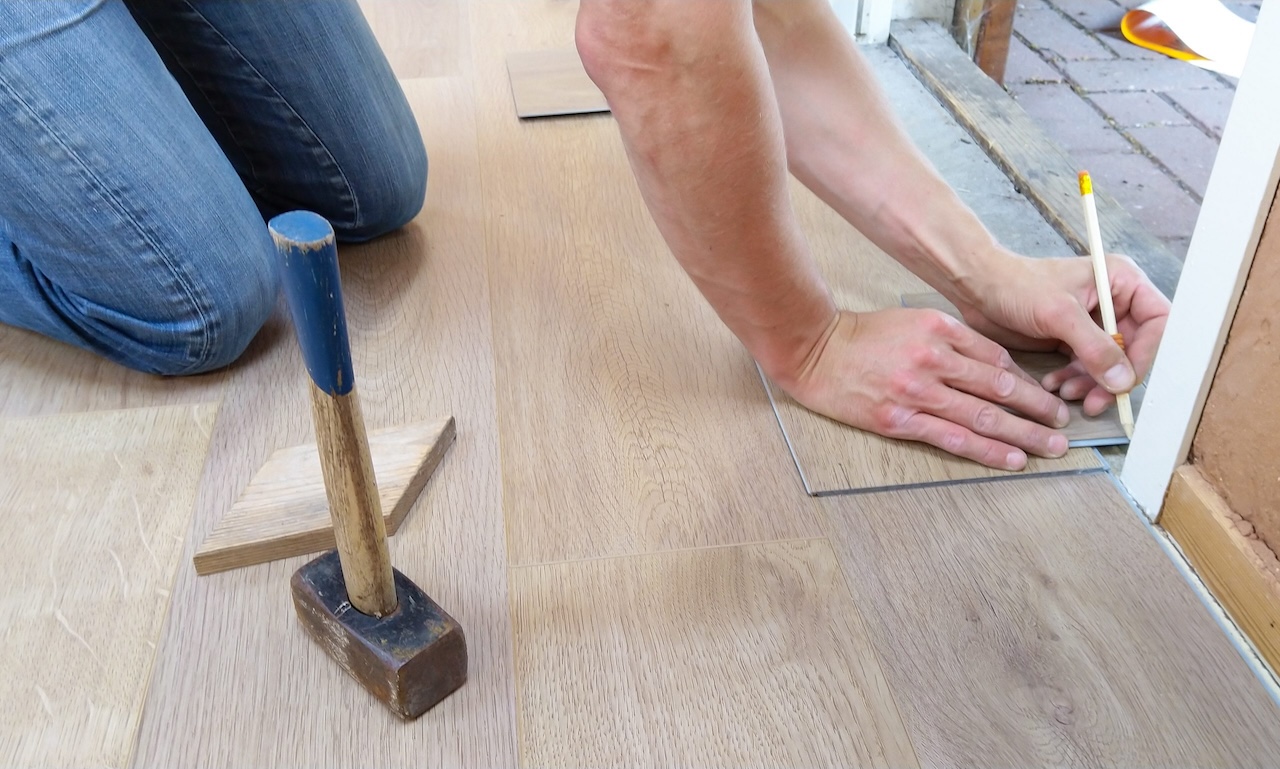
Invest In Someone to Manage Your Properties
One of the reasons people flip properties and sell them on is because, they say, “Well, yeah, “I don’t want the hassle of tenants.” I understand that. When I first started to invest, I was managing the properties myself. I thought it was pretty easy and I didn’t want to give any money to a letting agent. But I realised the more properties I bought, the more time it took to manage. I fell into what we call the landlord trap.
This is where you spend more time managing the properties and looking after tenants than actually buying property. You make the money when you buy the properties. So I decided I was going to get other people to manage the property for me. Now that was a big step for me because I was giving them management. It meant I was going to lose some of the income. That’s why many property investors never do it. They retain the properties themselves. They hold onto them. They manage themselves. They become a full-time landlord. I don’t want to be a full-time landlord. I see myself as a property investor. I buy great investments and I make money doing that. I don’t want to be the person moving tenants in, collecting the rent and sorting out the maintenance. I pay other people to do that.
So if you think that the reason you’re flipping property is because you don’t want to be a landlord and you don’t want to deal with tenants, I understand that. But you don’t need to do it. If it’s a good enough deal and if it makes enough cash flow, you can get someone else to look after everything for you, which means that you could go on and find the next property to buy.
“I fell into what we call the landlord trap. This is where you spend more time managing the properties and looking after tenants than actually buying property. You make the money when you buy the properties.”
It’s All about Having a Balanced Portfolio
What a lot of people do is they have a combination. They find a great property, they do it up and they think “Am I going to flip this one? Or am I going to hold it to rent?” If you’re going to hold it to rent, you refinance, take the money out and rent it out. Some you might flip. The profit you make on the ones you flip gives you the deposit to keep the ones you want to buy. So it’s about having a balanced portfolio, looking at each property in turn. A little tip, if you are flipping property, you need to look at what’s happening in the market. If the market’s coming down, flipping property may not be such a good strategy. If you do want to flip, make sure that if for any reason you can’t sell because the market’s come down, you could rent it out and more than cover the costs. Then you could afford to hold it. The big mistake would be if market comes down. You sell at a loss because you’re never going to make that money back. Whereas if you allow the market to recover over time and it’s giving you cash flow in the meantime, you can sit back and wait for that property to recover.
So that’s just what I wanted to share with you about flipping versus renting property. I do hope that’s got you thinking about what strategy you might want to use. So my name is Simon Zutshi and I look forward to sharing more information with you on the next post. Invest with knowledge, invest with skill.

